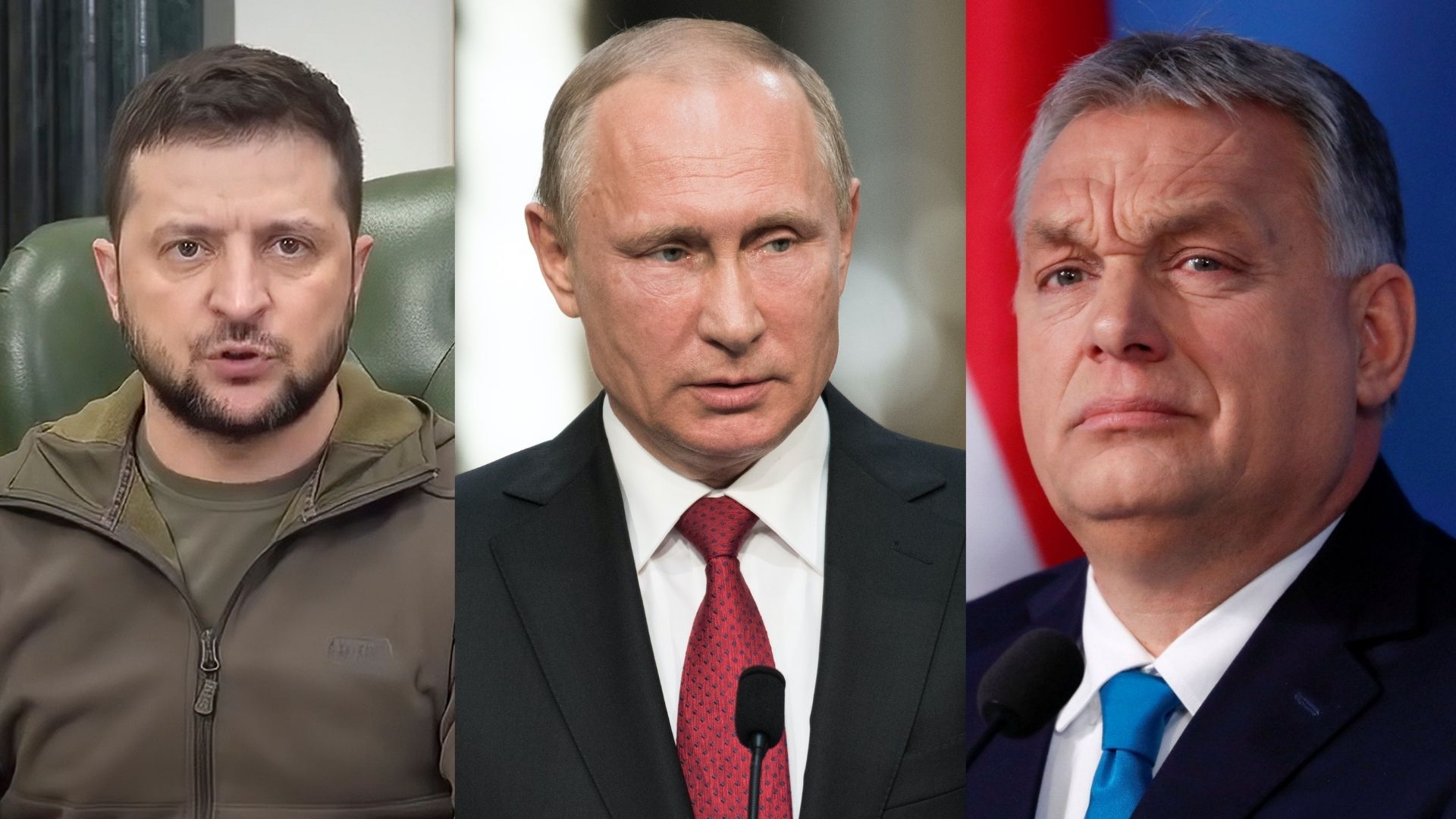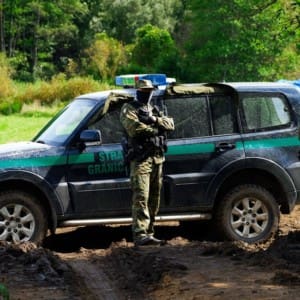It seems that an unintended side effect of Hungary’s constant political and ideological tussles with the EU and some of its neighbors is that the Hungarian population seems better informed about current affairs than the average European citizen. At least, this is what a recent poll suggests, and it is worthwhile to contrast these results with April’s parliamentary elections.
The poll conducted by the Hungarian research think-tank Századvég asked Hungarians about their opinion concerning the Ukraine conflict. Their answers demonstrated that they are aware of some of the subtleties of the historic and political circumstances that have led to the Russian invasion of Ukraine, and are able to avoid one-sided simplifications.
[pp id=30751]
The poll, conducted in March, shows that a high number of Hungarians, 91 percent, believe that tensions over the Russian-Ukrainian crisis should be eased. The proportion of those who view the punishment of Russian President Putin as more important than deescalation is only 9 percent. In all, 91 percent of respondents believe that threatening Russia in this tense situation does not help, and tensions need to be eased instead, while 6 percent disagree.
The strength of the Századvég poll, however, is not only its decision to include Ukraine among the options when asking respondents who is responsible for the Russian invasion, but also a possible answer in which respondents were able to choose both Russia and Ukraine as having played a role in creating the circumstances that have led to the current conflict. Unfathomably, most other recent polls omit this option, and some oversimplify it as a conflict between NATO and Russia.
[pp id=32308]
According to the Századvég poll, more Hungarian respondents (32 percent) considered Russia to be more responsible for the exacerbation of the situation than Ukraine led by president Zelensky (13 percent). Crucially though, the survey revealed that 47 percent of Hungarians say both parties are responsible for the escalation of the conflict. This shows that only about a third of Hungarians believe that this is a morally and legally one-sided conflict in a sense that only Vladimir Putin is responsible for the war. The fact that nearly half of them allocated guilt on both sides indicates that they understand the historic and political context in which the war has developed. There are, of course, those 13 percent who assign guilt to the Ukrainian side alone, which indicates an undercurrent of anti-NATO, anti-Western sentiment in Hungarian society, more so than any possible pro-Russian sympathies.
Interestingly, the poll also asked citizens about the accusations almost universally labeled at Prime Minister Viktor Orbán by liberal Western media, which accuse him of being Vladimir Putin’s puppet. These labels emerged shortly after the Hungarian government refused to supply weapons to Ukraine and argued against Russian oil and gas embargoes, claiming that this would ruin the Hungarian economy. Accordingly, some 25 percent of respondents believed that the Hungarian prime minister serves Vladimir Putin’s interests, while an overwhelming majority, 71 percent, believe that Viktor Orbán merely wants to maintain a peaceful relationship with Russia, thus guaranteeing Hungary’s gas and energy supplies.
[pp id=35351]
This polling result somewhat reflects the results of the April 3 parliamentary elections in Hungary upon which the united opposition, that received only 34 percent, had campaigned with the “Putin-puppet” narrative, but the 25 percent figure in the poll shows that they were not able to convince even their own voters about this.
This finding is confirmed by the following figure, according to which two-thirds of the respondents (66 percent), said that the relationship Hungary developed with Russia in recent years is beneficial in the current situation in order to preserve its peace and security, and to avoid Hungary’s involvement in the war, while only 25 percent expressed the opposite view.
According to some earlier data collected by Századvég in February, nine out of 10 Hungarians (90 percent) believe that Hungary should not be pulled into an armed conflict and that guaranteeing Hungary’s security is a top priority. Listening to the statements of Western politicians and left-wing media, one could get the impression that arming Ukraine and getting militarily involved in the country is a universal truth held by all enlightened countries except for Hungary. However, if polls are right, it is Western governments that are seriously out of tune with their citizens’ opinions. According to an April Ipsos poll, 72 percent of EU citizens believe their country should avoid getting involved in the war, only 48 percent support placing additional economic sanctions on Russia, and only 36 percent believe that they should provide weapons to Ukraine.





